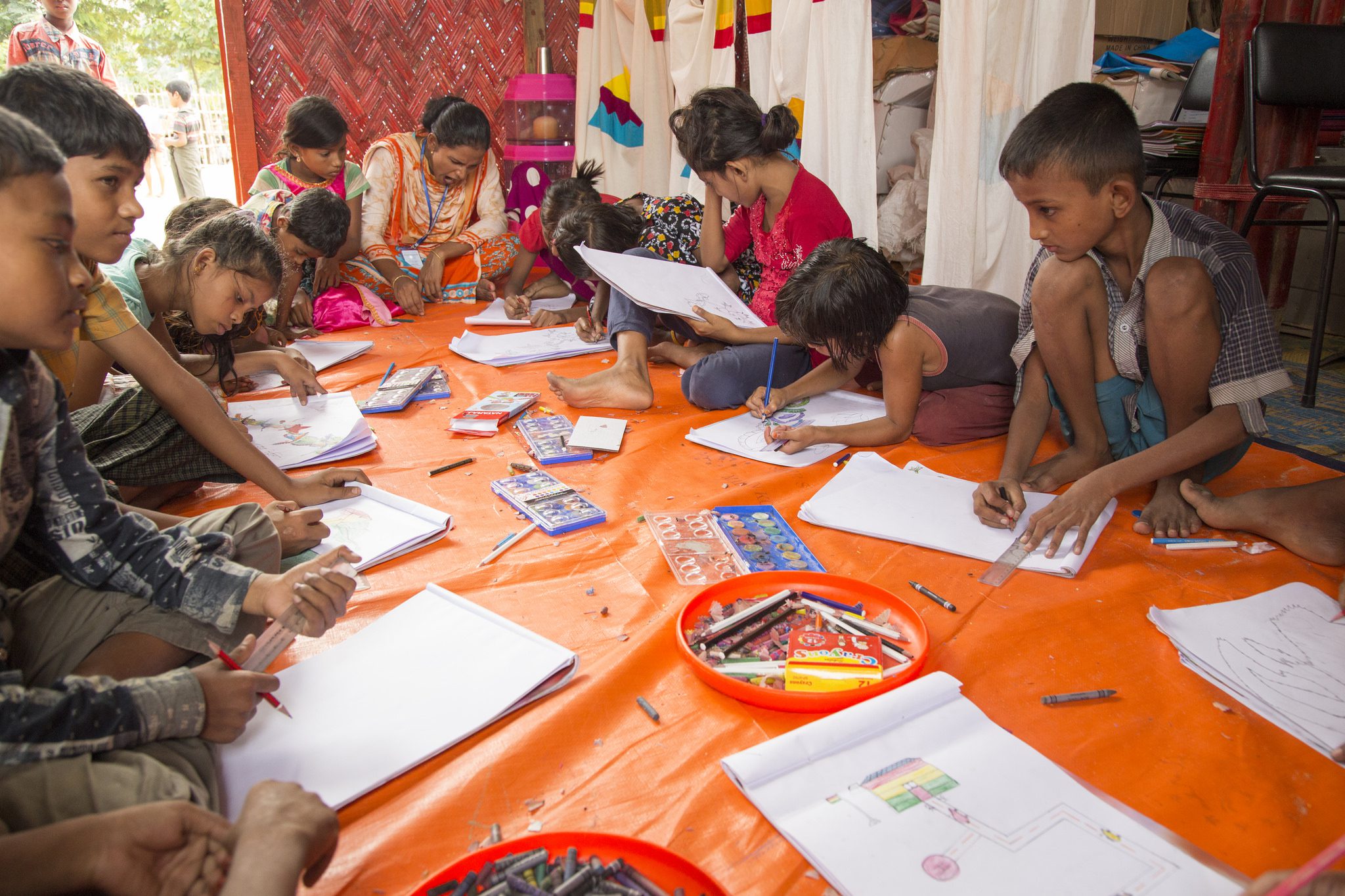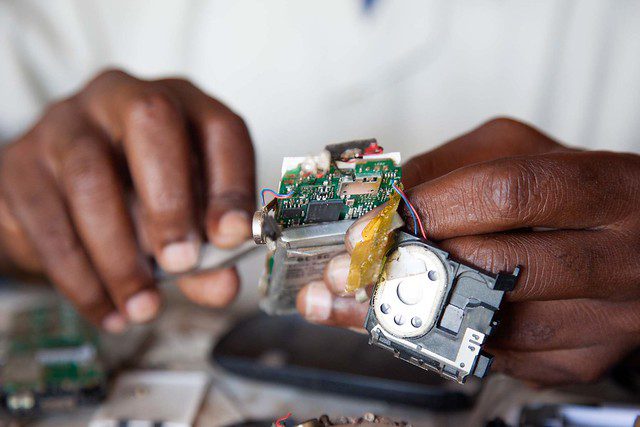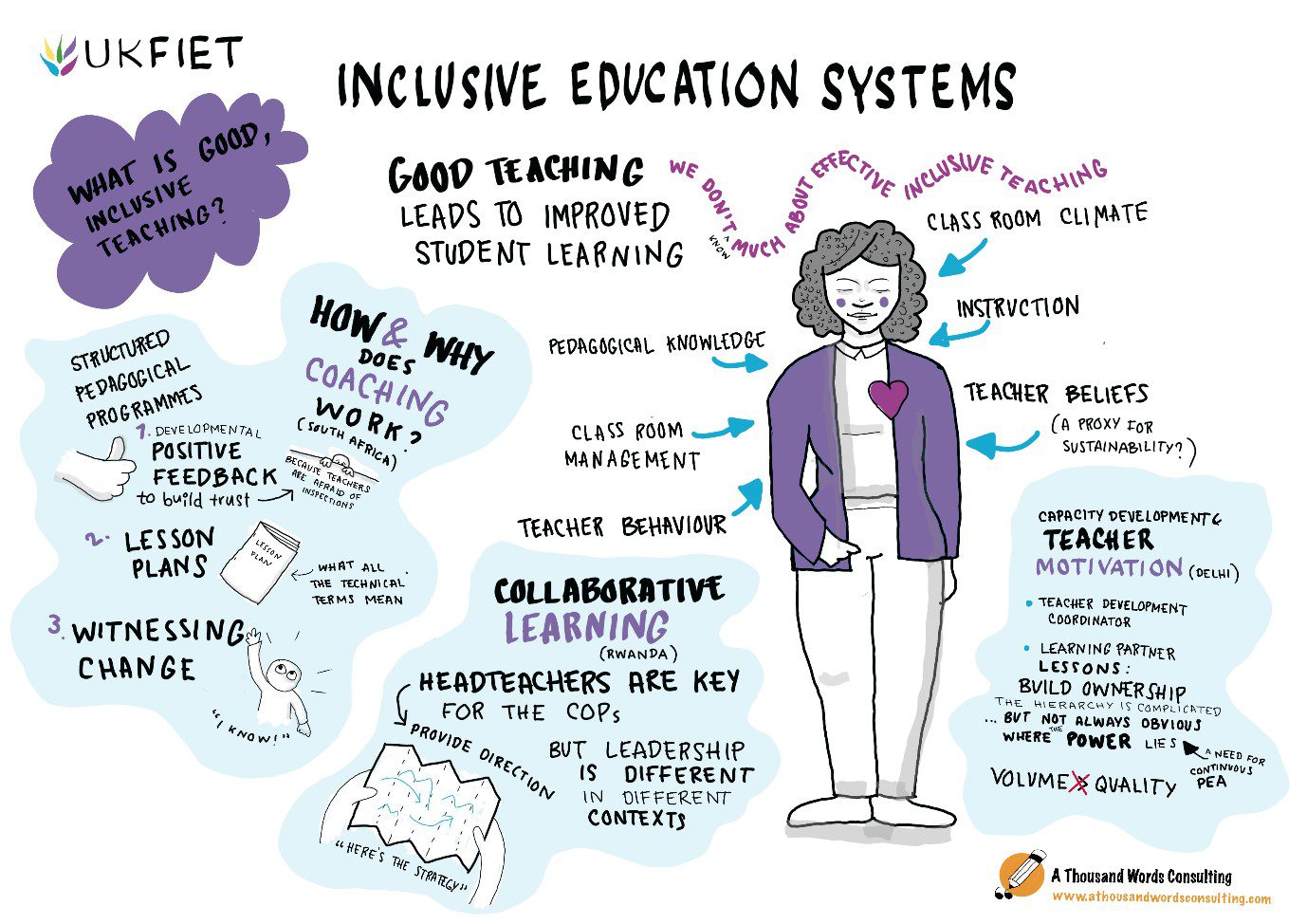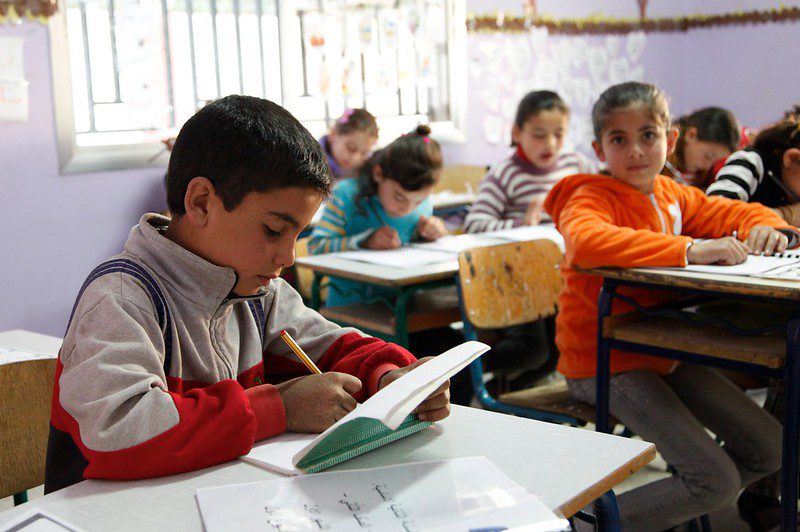Interview with theme co-convenor of one of six 2019 UKFIET conference themes, ‘Problematising inclusive education systems’: Elizabeth Walton, Associate Professor in Special and Inclusive Education, School of Education, University of Nottingham. Elizabeth is co-convening this theme with Amy Parker, who has also given an interview on her thoughts and expectations for the theme.
What excites you about the theme of ‘problematising inclusive education systems’?
 The idea of problematising inclusive education opens the space for a critical engagement with versions and subversions of inclusive education. At all levels of education systems, examples can be found of authentic inclusive practice, sometimes in the face of difficult circumstances. The existence of these versions of inclusive education show us that it is possible to resist exclusion. The challenge is to make these versions commonplace, rather than exceptional. But it is vital not to become complacent at the success of the apparent penetration of the idea of inclusive education.
The idea of problematising inclusive education opens the space for a critical engagement with versions and subversions of inclusive education. At all levels of education systems, examples can be found of authentic inclusive practice, sometimes in the face of difficult circumstances. The existence of these versions of inclusive education show us that it is possible to resist exclusion. The challenge is to make these versions commonplace, rather than exceptional. But it is vital not to become complacent at the success of the apparent penetration of the idea of inclusive education.
There are also subversions of inclusive education, which are practices branded as inclusive education, but which re-enact exclusion and marginalisation in various ways. Too often, the ideals of inclusive education are subverted through political expedience, and policy expressions of inclusive education seldom translate into the lived experience of vulnerable population cohorts. Some of my specific concerns here are practices of setting (sometimes known as streaming) and grade repetition, both of which invoke concerns to ‘support’ learners who struggle with the demands of the curriculum, but which are known to deepen inequity and promote exclusion. In other words, how might inclusive education replicate or reinvent exclusion? I see this theme as inviting an engagement with this, and other tricky questions. Like whose exclusion is so commonplace, even sanctioned, that it is unquestioned by communities? Is inclusive education an imperative, and should communities have the right to uphold exclusion?
How does your theme link to the overall 2019 conference theme of inclusive education systems?
The theme concerns itself with different components of the system, and allows for a detailed look at policies, institutions, communities and individuals in the quest for more inclusive education. I am very conscious of the need to see that these components intersect with, and impact other components, as well as being systems in themselves. I think this is very important, as we know that reform is needed across the system if we are to realise equitable and inclusive education for all. Interventions in just one component (like teacher education) will not result in system change, if concomitant interventions are not made in other components (like conditions in schools, finance, communities).
What kind of papers would you like to see submitted under your theme?
Given that educational exclusion is an established tradition in the rationale and functioning of education systems, we would like to see work that considers what is needed to realise inclusive education. We are interested in both conceptual and empirical papers that are willing to trouble our knowledge of inclusive education, both by reflecting critically on current policy and practice, and by offering insights and ideas for going forward. We would like to see papers that delve deeply into one or other component of the system (like that of community), or papers that take a broader view, showing the imbrication of the different components. We hope to receive papers that challenge our thinking about inclusive education, and open possibilities of different ways of thinking, doing and being inclusive.





